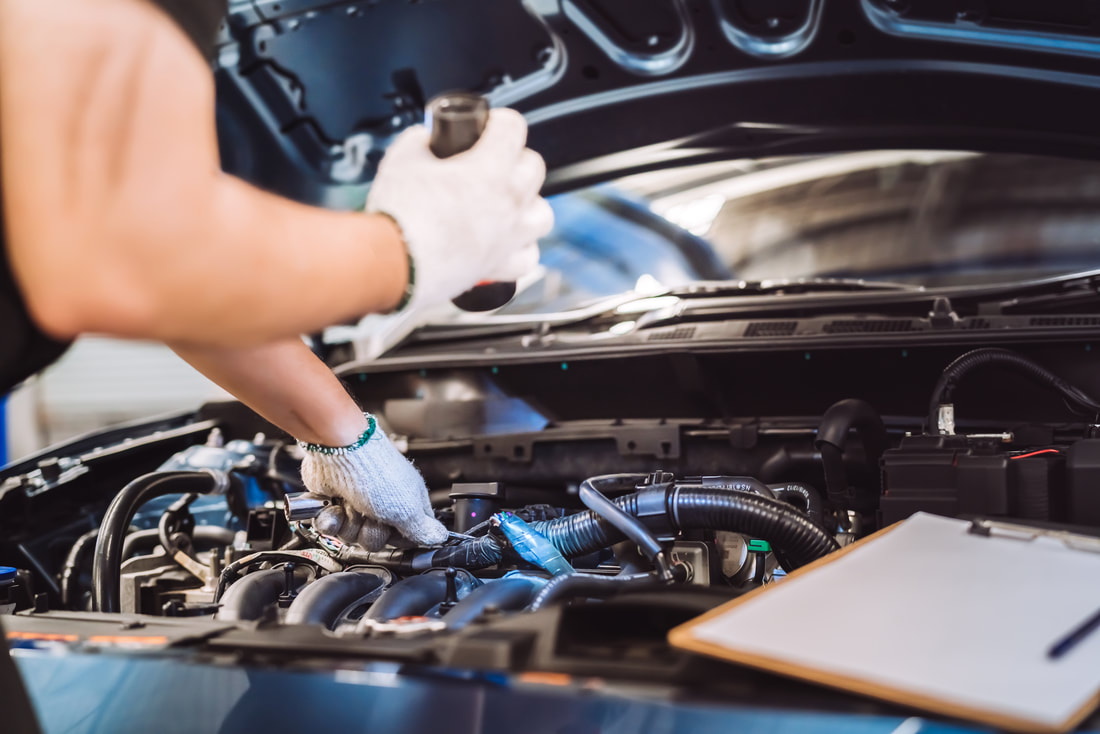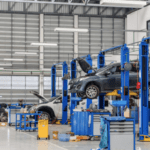
Your car is likely to be the most intricate and sophisticated piece of machinery that you own. The typical vehicle has thousands of moving parts, and since it is likely to be your second largest asset, it needs to be looked after. A car service in Perth is a crucial way to maintain your vehicle, so here we’ll need to know about this important aspect of auto repair.
Contents
The Benefits of Servicing Your Car
There are four main benefits of regularly sourcing your vehicle. This includes:
- Money-Saving: Regular servicing can maintain your fuel efficiency and provides an opportunity to replace components before they can fail to reduce your chances of a breakdown. This preventatively saves money as you can pay for smaller repair bills rather than facing a hefty emergency repair.
- Improving Safety: A typical service includes lots of safety checks. This helps to identify any worn parts and replace them to keep critical components such as your brakes, seatbelts, steering, and suspension operating correctly.
- Increasing Longevity: Consistently serviced engines last longer than units that have received sporadic or no attention.
- Boosts Resale Value: While you may not have plans to sell your vehicle right now, it is important to be aware that a full-service history is far more attractive to potential vehicle buyers.
How Often Do You Need A Car Service?
Generally, vehicles require servicing every 10 to 15,000 kilometres or annually, whichever comes first. However, there are some exceptions which may halve your service intervals. Car manufacturers specify some scenarios as severe operating conditions, including:
- Using Fuel Containing Sulphur: Fuel in Australia has higher concentrations of sulphur, and this will place additional demand on your exhaust emission systems.
- Primarily Making Short Trips: When you make frequent short trips, your car will never get to the optimum operating temperature. This places additional stress on the engine components. This can also apply to drivers who tend to have their engines idling for long periods.
- High Dust Levels: Dust can play havoc on machinery as it acts as an abrasive. Regular servicing can reduce the effects of dust on your engine.
- Regular Towing: Pulling a trailer or other load regularly means that your engine, suspension, and brakes need to cope with the extra strain, accelerating wear and tear.
- City Driving: If your car rarely leaves the city, you may need to service it more frequently. The constant acceleration and braking place the components under increased stress.
What’s Involved in Your Car Service?
There are a number of tasks involved in a typical service. Your service may include:
- Brake System Check: Your brakes are crucial, but over time the brake pads can wear down through use. Your mechanic will check the thickness of your brake pads at the front and rear of your vehicle. The brake system will also be inspected to check for leaks that may compromise performance. Any defective or broken components will be replaced. Your mechanic will also check your brake fluid levels. As the pads wear down, the fluid levels can drop, but the system needs a minimum level of fluid to allow the hydraulic circuit to perform correctly.
- Engine Oil Change: Your engine oil is needed to lubricate the engine components, so they can move freely. Oil is vital to maintain engine performance, stopping those fast spinning components from overheating. Your oil filters will clean the oil to prevent contaminants from entering the engine. During the service, the engine oil will be changed, and the filter will be replaced.
- Visual Battery Inspection: Your battery will be examined for loose connections, frayed cables, or powdery deposits accumulated on the terminals.
- Tyre Check: Tyre tread helps standing water on the road to be shed to improve traction and keep the tyre cool. When a tyre wears beyond the minimum level, there will be less grip, and the braking distances will be increased.
- Exhaust Check: If your exhaust has a leak, it can not only allow harmful fumes to enter the cabin, but also compromise engine performance. Your mechanic will check your exhaust system for any leaks and ensure that the fittings are secure.
- Transmission Check: Your gearbox has a series of moving gears on different shafts. If you have an automatic transmission, there is also a set of planetary gears. Both transmissions rely on oil to cool and lubricate the system, so your mechanic will check for signs of leaks and other issues that may compromise performance.
- Light Check: Working lights are mandatory as part of the road regulations. So the technician will check that your headlights, indicators, brake lights, and number plate lamps are operating correctly.
- Fluid Checks: In addition to oil, your vehicle requires coolant, power steering fluid, and other liquids. The mechanics will check the fluid levels and top them up if necessary.
- Visual Inspection: Finally, your mechanic will perform a visual inspection of the bodywork, steering system, and engine bay to look for signs of failing or damaged components.
At the end of the service, the technician will perform a test drive to check everything is running correctly before resetting the service light and filling out your service history booklet.
Essential Tasks
There are also essential tasks that are carried out at specific odometer points. For example, at 30,000 kilometres, your fuel filter should be replace, while at 40,000 kilometres, the sparkplugs should be changed. These tasks vary according to the make and model of your vehicle. You can find specific details for your vehicle in your owner’s manual. This will break down the essential tasks and the recommended servicing schedule. It is important to maintain this schedule to maintain your manufacturer warranty and improve your vehicle resale value.
If you’re asking yourself where you can get “a car service near me,” then AHG Auto & Tyre Service is here to help. As one of the most reputable auto shops in Perth, we can assist you with a car service for any make and model, and our team would be delighted to answer any of your queries.




